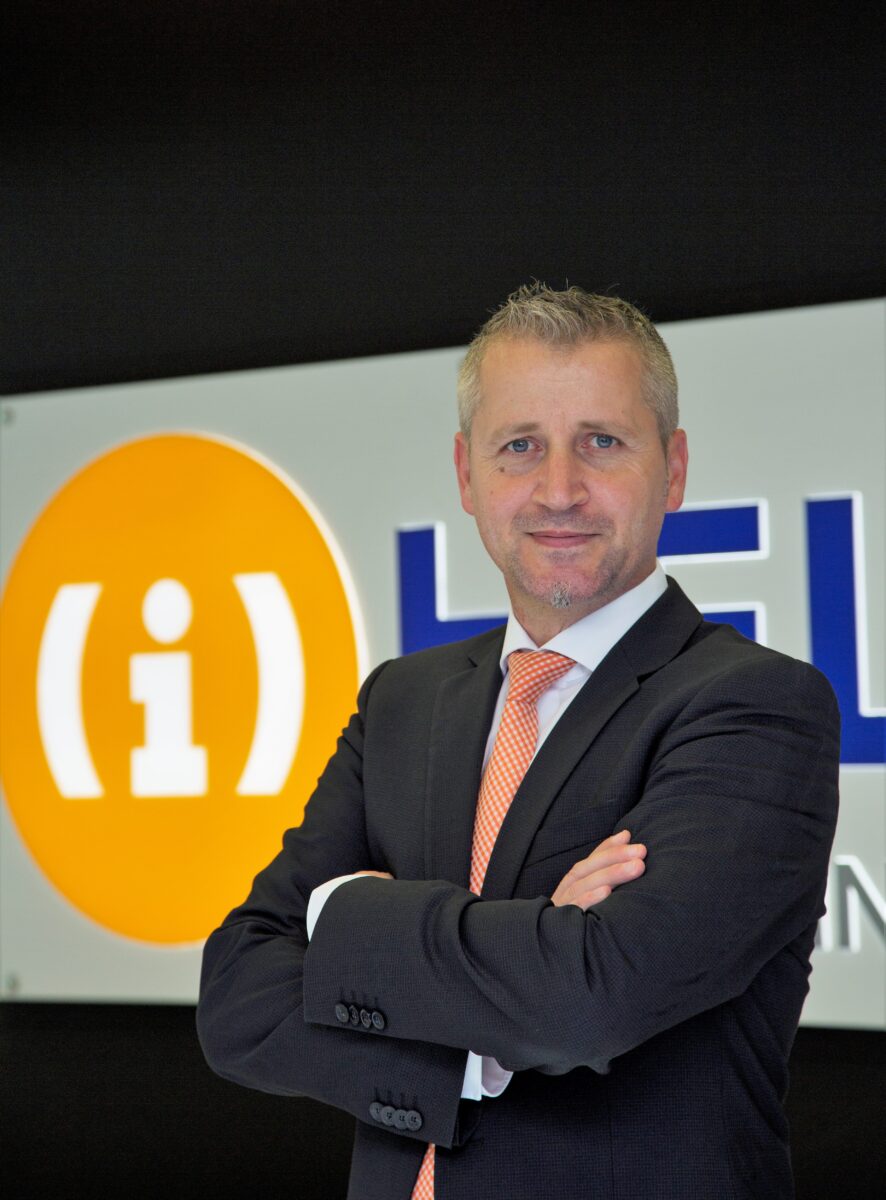The changes happening in the Middle East and Africa (MEA) with respect to fintech and wider digital transformation have been noted. The Fintech Times sits down with Stephan Berner, Chief Executive Officer of Help AG, to discuss them in more detail.

Stephan Berner established Help AG Middle East (ME) in 2004 and has overseen the company’s growth to date. Today, he is leading Help AG to further increase the organisation’s investment, business activity and partnerships across the MEA region.
Prior to Help AG, Stephan successfully built several businesses from scratch focusing on value creation, scalability, and sustainability. Before moving to the United Arab Emirates (UAE), he worked as the Managing Director of NOXS/RISC Technology across Germany, Austria and Switzerland.
For our global audience, can you explain what the digital and fintech landscape across the globe currently looks like?
Around the world, digital transformation has become the key driver of business continuity and success. The pandemic caused banks to invest in their transformation journey and digitise their channels to meet consumer demand while focusing on efficiency and accessibility. The past few years have also seen a rise in the number of neobanks, which are fully digital.
It goes without saying that e-commerce has been vital during the pandemic, as consumers opt to shop online for safety reasons. Organisations have fast-tracked their digital transformation in order to offer their products and services online.
How does this alter in your country (UAE mainly)?
The trends are broadly similar in the UAE. The country has made digitisation part of its national strategy, and organisations have embraced digital transformation. For the BFSI sector, from a competitive point of view, digital transformation has to happen; banks that cling to legacy methods will simply run out of business. Adoption of technology is key to facilitating availability for clients and making it simple, easy and secure to provide any type of banking service.
How have you developed your subject matter expertise and helped to share it across in your base country?
As the leading cybersecurity services provider in the region, we have been developing our expertise over the last 20 years. We have vast experience in serving enterprises and government organisations, and the BFSI sector continues to be one of our top verticals. We have consistently empowered and enabled large regional and international banks to implement their cybersecurity strategy while incorporating it into their digital transformation journey.
In addition to our experience and expertise, we have a focus on thought leadership and early adoption of new, innovative technologies. Take secure cloud enablement as an example; cloud became a huge buzzword during the global pandemic, but the region’s pace of cloud adoption had been slower earlier. Help AG has been ahead of this trend and has been pioneering secure cloud enablement long before the pandemic. We were already consulting, designing and putting architectures in place with our BFSI clients, helping them securely move their workloads to private cloud, public cloud and hybrid environments.
What are future trends and predictions you see happening in your country? And the region as a whole (and specifically with your company)?
Secure cloud enablement will continue to be crucial as more workloads move to the cloud. Additionally, the shift to the cloud has blurred organisational perimeters, raising the need for new methods of protecting identities and securing data access. Aside from cloud security, application security will also be essential, considering the rapid pace of new application development.
Data privacy regulations will gain importance in the Middle East and Africa, and we are helping our clients adapt to relevant frameworks here in the region. There is also the IT-OT-IoT convergence which will become very significant for the BFSI sector.
The cybersecurity skills shortage will likely continue for the foreseeable future, causing organisations to outsource many of their cybersecurity requirements. This is where, on one hand, we are working with our clients to provide subject matter expertise in specific areas, and at the same time, we are also helping to deploy a virtual CISO, for example, who works on behalf of clients for a certain time period to not only develop the strategy but also implement the same. We run a cybersecurity operations centre that provides managed security services, including 24/7 proactive monitoring, threat detection, and incident response, allowing organisations to focus on their core expertise while we keep them safe. Additionally, if clients decide to hire key resources in their own organisation, we are actively involved in the recruitment process to vet potential candidates and determine if they are as good as they claim on their CV.




